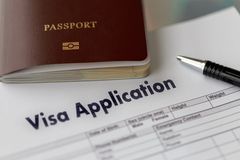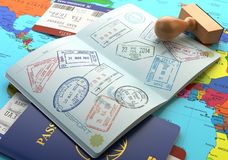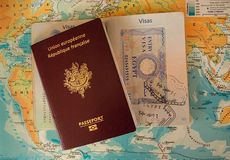In today’s world, traveling has become an integral part of our lives. Be it for leisure or work, many of us find ourselves regularly on the move across borders. However, one integral aspect that you may overlook is the safety of your travel documents. Losing these critical papers can turn a dream holiday into a
Visa Policy for the Dominican Republic
The visa policy of the Dominican Republic determines who may enter the country visa-free and which nationalities need to apply for a Dominican Republic visa in advance of travel.
Dominican Republic immigration requirements state that foreign citizens need a visa for the Dominican Republic, unless they come from one of the visa-exempt countries.
It’s important to note that all travelers are required to have a Dominican Republic eTicket to enter or exit the country by air. This is a mandatory requirement for all air passengers, including citizens and residents of the Dominican Republic.
Regardless of whether you need a Dominican Republic travel visa or not, all foreign visitors are required to have a passport valid for at least 6 months on arrival to enter the country.
Countries that do not need a visa for the Dominican Republic are able to enjoy a visa-free stay of up to 90 days in the country. It is also possible to request an extension of this stay by paying a fee.
All other nationalities need to apply for a visa for the Dominican Republic from an embassy or consulate, no matter the travel purpose or length of stay. This is because an eVisa (online visa) or visa on arrival is not available for the Caribbean country.
Several different types of visa for the Dominican Republic must be obtained from an embassy or consulate, regardless of nationality. These include student visas, work visas, and resident permits.
There are currently no Dominican Republic visa bans in place for any foreign nationalities.
You can find a more detailed explanation of the Dominican Republic immigration policy below.



